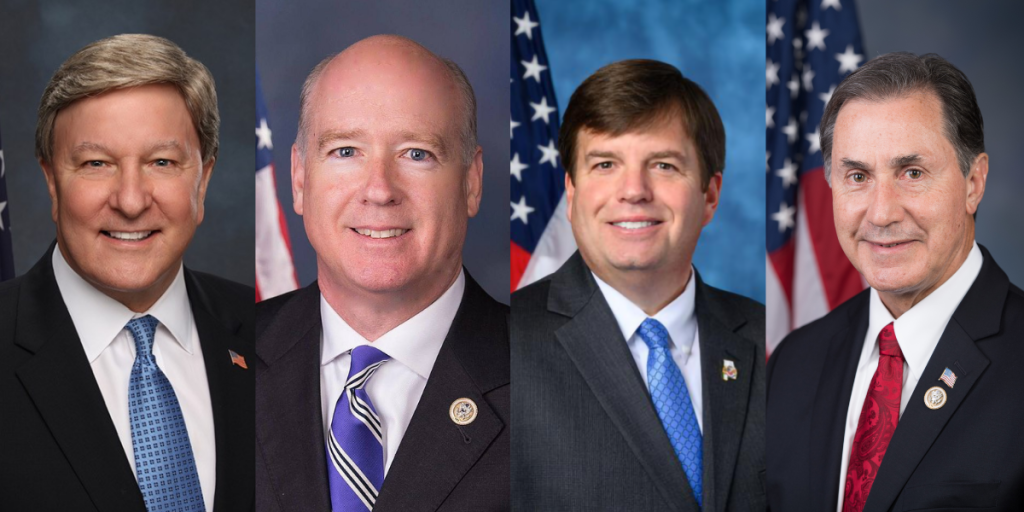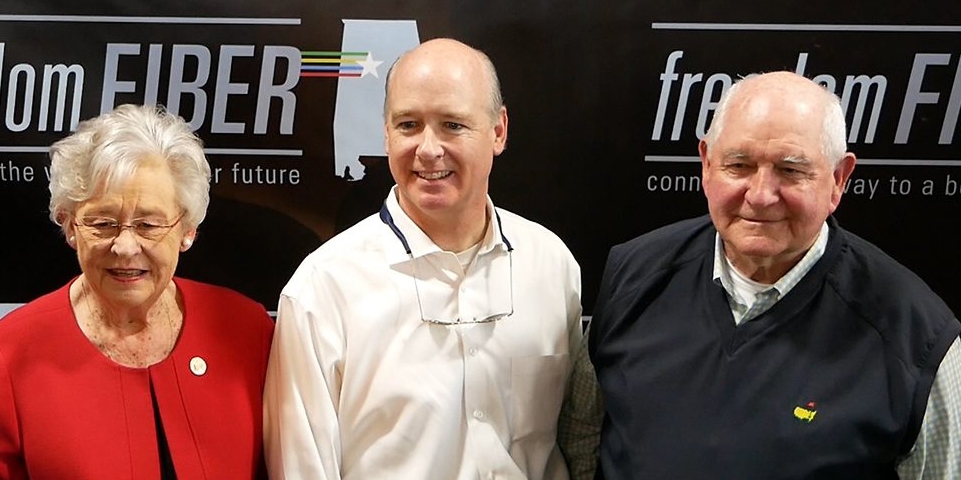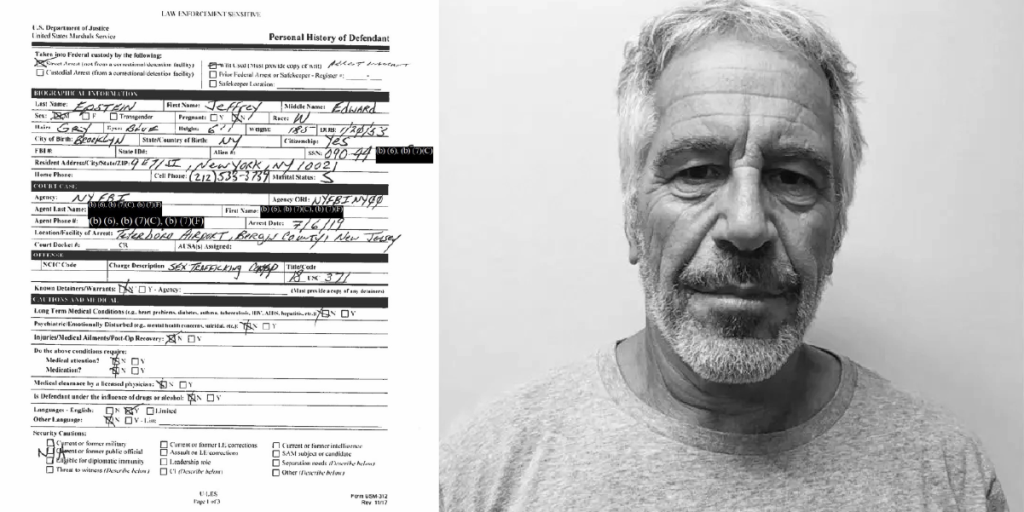Four Alabama congressmen are among a group of more than 100 U.S. House Republicans who are joining an amicus brief with the Supreme Court of the United States in support of the State of Texas in its lawsuit against the Commonwealth of Pennsylvania, State of Georgia, State of Michigan and State of Wisconsin.
U.S. Reps. Bradley Byrne (AL-01), Mo Brooks (AL-05) and Gary Palmer (AL-06) are already listed on the filing, and Rep. Robert Aderholt (AL-04) is still in the process of formally joining the brief after a technical snafu inadvertently left off his name on Thursday.
“I’m proud to support this amicus brief filed with the United States supreme court to ensure the 2020 Presidential election was conducted fairly and without voter fraud,” stated Aderholt. “I signed onto the brief but a technical snafu in the sponsor’s office kept mine and several other members off the list. The sponsor is working to have my name and others officially added tomorrow. I support this lawsuit 100%. Our democracy depends on free, fair and accurate elections. That is the bedrock of our democracy.”
The lawsuit, filed by Texas Attorney General Ken Paxton, is asking the Supreme Court of the United States to block the 2020 presidential election results in those swing states.
President Donald. J. Trump has indicated he will be intervening in the lawsuit, calling it “the big one.” Senator Ted Cruz (R-TX) has reportedly accepted the president’s request to argue the case should SCOTUS agree to hear it.
The congressional GOP amicus argues non-legislative actors in Pennsylvania, Georgia, Wisconsin and Michigan violated Article I, Section 4 of the United States Constitution when they changed election processes without the authority to do so.
Brooks said in a statement, “Reliable, honest and accurate elections are the bedrock of any functioning republic. Unfortunately, America’s republic has been badly undermined by officials who illegally violated the U.S. Constitution.”
Remainder of Brooks’ statement as follows:
The United States Constitution’s Election Clause unequivocally states that Congress is the supreme authority for prescribing the times, places, and manners for holding federal elections and that state legislatures are the only other Constitutional authority empowered to set election times, places, and manner of holding elections and, even then, only to the extent that legislatures do not pass laws that conflict with acts of Congress. Governors, secretaries of state, other election officials, state courts, federal courts, and private parties in various states blatantly usurp the power of Congress and state legislatures, thereby violating the Constitution, when they change election procedures both without legal authority and in ways inconsistent with laws passed by Congress or their own state legislatures. Election tallies resulting from these unconstitutional processes are invalid and are one of many reasons why I will object to certifying the Electoral College votes from these states. For example, in Pennsylvania, the Secretary of State (under the guise of illegally settling an election lawsuit) usurped legislative power by removing a lawfully required signature mandate. Further, the Pennsylvania Supreme Court violated the U.S. Constitution when it illegally and unilaterally disregarded Pennsylvania statutes requiring that all mail-in ballots be received by 8:00 p.m. on election day. Similar instances invalidate Georgia, Wisconsin, and Michigan election results. Additional examples of illegal action by non-legislative actors in these states abound.
I and the other signers of this important amicus brief request that the Supreme Court uphold the unambiguous language of Article I, Section 4 of the U.S. Constitution and determine the constitutional validity of any ballots cast under rules and procedures established by actors or public bodies other than state legislatures. The 2020 presidential election must comply with the Constitution and the results must accurately reflect the will of the American people. For emphasis, while the Supreme Court’s ruling may bind the parties to the Texas legislation and may be of persuasive influence in Congress, the Supreme Court’s ruling in no way, shape or form mitigates the finality of Congress’s verdict on who wins the election contest between former Vice-President Joe Biden and President Donald Trump.
Palmer was listed second on the amicus brief, directly ahead of House Minority Whip Steve Scalise (R-LA) and Rep. Jim Jordan (R-OH). As chairman of the Republican Policy Committee, Palmer is the fifth-highest ranking Republican in the chamber.
The congressional brief came after Alabama Attorney General Steve Marshall joined a separate amicus filing in support of Texas’ lawsuit.
Sean Ross is the editor of Yellowhammer News. You can follow him on Twitter @sean_yhn













